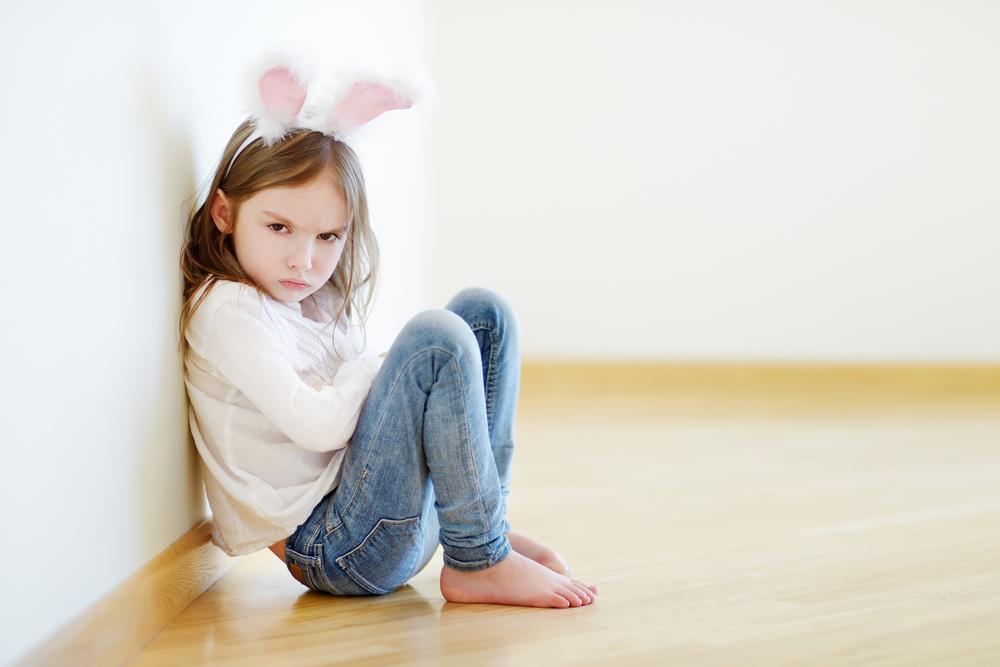I was downstairs in my kitchen, absent mindedly stirring the dinner when I heard blood curdling screams coming from upstairs in our bathroom.
Tearing up the steps I expected to see blood, scrapes, broken bones – but instead I saw two naked children having a disagreement over who was (and was not) putting the plug in the bath.
Madam 5 decided to rinse the remnants of dirt and dust from the last bath down the drain BEFORE putting in the plug (which seemed like a perfectly good idea to me). Master 7 decided that this was an absolute waste of water and lashed out at her ridiculousness by kicking her and screaming in her face.
Seems like an appropriate response for such a terrible action right?
RESILIENCE. That’s what I’m talking about.
It’s an extremely difficult thing to teach. Even though WE can all see that our children are WAY over-reacting to minor happenings – it doesn’t mean that they can see it. Especially when they are in that moment and completely exploding.
I left Madam 5 in the bath (she was ok for the record) and went into Master 7’s room to attempt to calm him down after this TERRIBLE event (that wasted water!). His fists were clenched, his face was red and the veins in his forehead were about to pop. For whatever reason, this whole event had really upset him.
There was nothing I could have said or done to make him feel better at that moment. A lecture on his overreaction would have been wasted. Yelling would have aggravated him more. Trying to guilt him into saying sorry to his sister would have only made me feel worse about the whole thing (as he wouldn’t have meant it and would probably out right refuse anyway).
So I did none of these things. I didn’t yell or scream. I didn’t lecture or name call. And while to some people this might seem dismissive of his wrong-doings, I simply acknowledged that this was not the time nor the place to deal with it. So I left him.
Returning to my culinary duties I kept an ear open, only to be met with the sound of splashing and giggles fifteen minutes later.
After dinner Master 7 was calmer and in a much better frame of mind – this was the time to discuss his actions. We were both ready to have a conversation and he was clear and free in his mind to recognise the way he handled the situation was not overly beneficial and he set about making sure his sister knew he had made a mistake.
While resilience was not strong during the bath saga, reflection on the situation was. Thinking about how future situations can be handled is behaviour training – for both parent and child. And remember – modelling rational behaviour influences rational kids.

